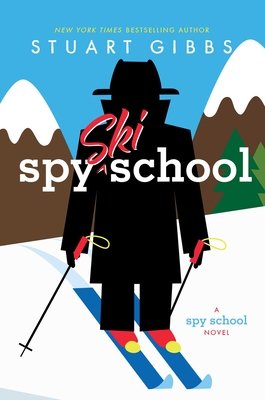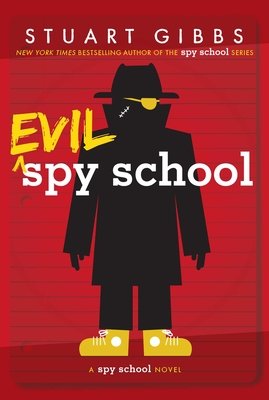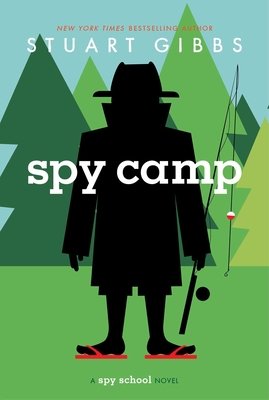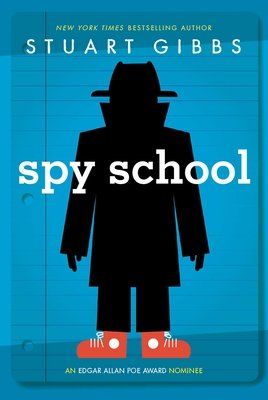The Real Reason Why Kids Love Mystery Books So Much
by Stuart Gibbs
A surprising number of my strongest childhood memories are of reading mystery books.
It’s not that I didn’t read other genres. I read everything I could get my hands on. But for me, the mysteries are the ones that stand out. Even though I read those books decades ago, I can still clearly recall learning what triskaidekaphobia and ambergris were from the Encyclopedia Brown series, breathlessly solving the mystery of the vanishing treasure with Alfred Hitchcock and the Three Investigators, and being completely floored by the brilliant reveals of The Westing Game (which, as far as I’m concerned, is the finest mystery ever written).
I am sure that I write mysteries now, in part, because I was so fascinated by them as a child. However, I never really thought about why I liked mysteries so much until my readers began to pose the question to me. After much thought, this is what I came up with: A mystery is a story where the smartest person wins.
The hero in a mystery doesn’t succeed because they’re stronger or faster or better-looking than the villain. The hero succeeds because they are smarter than the villain. All those moments that resonated for me as a young reader were moments where the heroes showed intelligence — if not absolute genius. I was awed by their intellect. I wanted to be just like them.
And the coolest thing was, I could be just like them. Unlike superheroes, who were mostly born with their gifts, detectives — no matter what age they were — earned their smarts. They studied. They read books. They were inquisitive. And it paid off for them. Encyclopedia Brown was the most popular kid in town, while Turtle Wexler solved the Westing Game and earned great success as a result.
Sadly, in our world, being smart often doesn’t seem to be valued. There are plenty of people who are famous for being amusingly dim. On TV and in film, smart people are frequently portrayed as nerdy, geeky, and socially inept (“Big Bang Theory,” anyone?). Kids are very aware of all this. In fact, your school years are the point in life where you’re far more likely to be teased for being smart than respected for it.
So, back when I was a kid, it always meant a lot to me to read stories where smarts were the key to success. And when I write for kids now, I do my best to show them that being smart doesn’t mean you also can’t also be athletic, or brave, or fun, or cool. I’m certainly not the only one doing this — today’s middle grade mysteries are filled with brilliant, amusing, awesome, and inspiring young detectives.
I can only hope that my readers will be as inspired by my young detectives as I was by the creations of Donald J. Sobol, Robert Arthur, Jr., and Ellen Raskin. I hope they learn that there is no shame in being smart.
And should I provide any of them with a memory that lasts a lifetime … well, that wouldn’t be so bad, either.
-
Books in the Spy School Series
-
Spy Ski School
Preorder from:Evil Spy School
Preorder from:Spy School
Preorder from:




